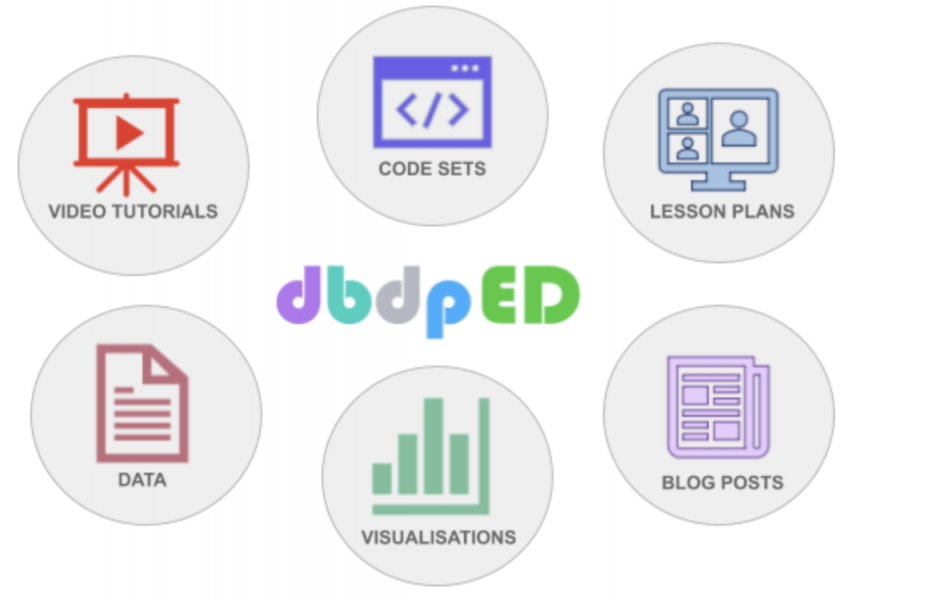Digital Biomarker Discovery Project
The Digital Biomarker Discovery Project (DBDP) is an open-source platform for the development of digital biomarkers.

Click here to learn more and get involved.
Discover our blogs and tutorials here.
Digital Biomarker Discovery Education (dbdpED)
dbdpED is an educational platform for digital biomarker discovery.

With tutorials, case studies, and educational videos, dbdpED provides a resource for learning the steps to using mHealth and wearables data to discover digital biomarkers. dbdpED is for all ages and abilities. We believe anyone can discover digital biomarkers!
Learn more about our efforts here and here.
Infection Watch
“Infection watch” is a new and unique research initiative to promote early detection of COVID-19 infections from wearable device data. Infection watch will primarily be a feasibility study to explore the potential of wearables to detect COVID-19 infection.
Jupyter Health
The BIG IDEAs lab is in collaboration with experts from Berkeley, UCSF, and Project Jupyter to build Jupyter Health. This innovative open-source platform aims to enhance the secure collection of data from wearable sensors to electronic health record and to streamline the development, sharing, and validation of digital biomarker algorithms. We develop modular features for Jupyter Health, ranging from comprehensive summary statistics to dynamic user visualizations that can provide immediate insights into health data. While Jupyter Health is initially piloted for diabetes management, we envision Jupyter Health to expand its capabilities to cover a wide array of health conditions.
Dynamic Time Warping: Biomedical Signal Processing
DTW group aims to develop metrics to evaluate the performances of different DTW algorithms to matching time-series signals. Yihang also proposed a novel algorithm called eventDTW based on the peak information of the signals, and we demonstrated its better performance in aligning signals with different sampling.
Individual Research Projects
Digital Biomarkers of Circadian Disruption and their Utility in Cardiovascular Risk Assessment
Will Wang
Will's thesis project aims to detect and quantify cardiovascular responses to circadian disruption and compare digital biomarkers against more conventional circadian metrics for evaluating the cardiovascular effects of circadian disruptions. Such digital biomarkers are meant to provide longitudinal, accessible and individualized metrics for evaluating the cardiovascular risk resulting from circadian disruptions (e.g. shift workers).